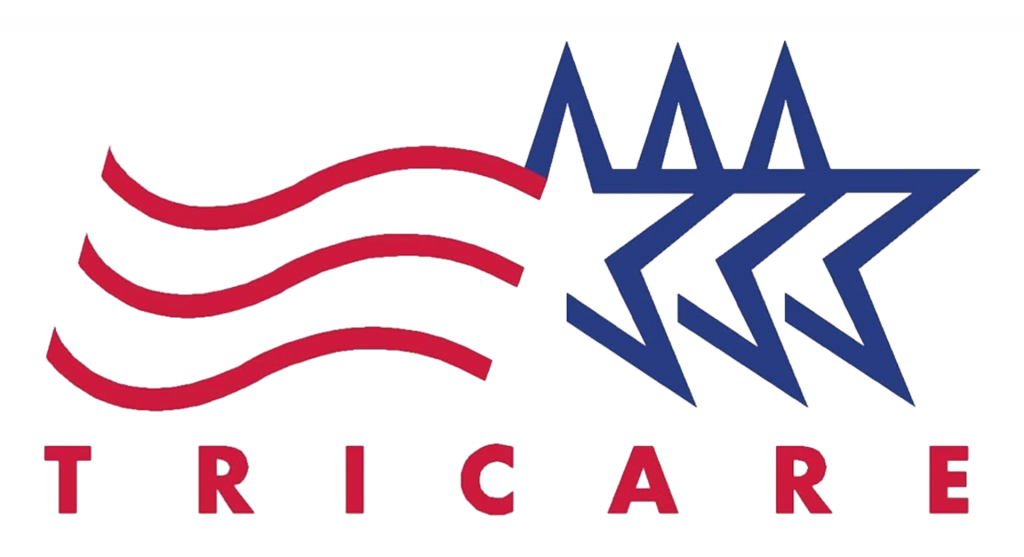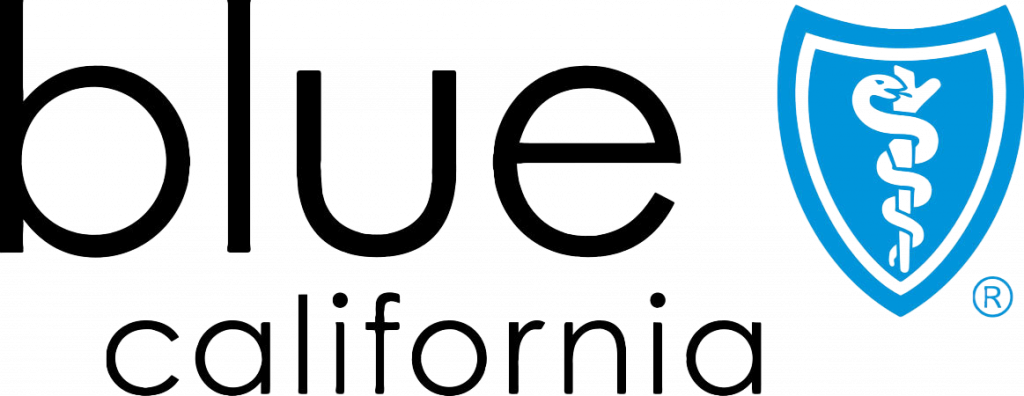
It’s common for new mothers to experience some sadness, anxiety, mood swings, and trouble eating or sleeping in the days or weeks following childbirth. This is called “baby blues” and is a normal response to the change of bringing home a new baby. Baby blues typically only lasts a few days to a couple weeks. Some mothers have a longer lasting depression following childbirth — this is known as postpartum depression. Sometimes known as postnatal depression, PPD is characterized by intense feelings of despair, anxiety, or sadness that can make the time following childbirth extremely difficult. Symptoms can be similar to a major depressive episode and can interfere with the mother’s ability to care for the baby and handle daily tasks. PPD can also interfere with child bonding and may adversely affect child development.
As PPD is a form of major depression, the symptoms largely overlap with major depressive disorder. Signs and symptoms of PPD typically include:
Symptoms can start during pregnancy or shortly after giving birth and may last for many months or years. Typically, onset occurs within two weeks to one month after delivery. It’s important to find treatment if you have PPD, as symptoms can become severe if left untreated. In rare cases, postpartum depression can develop into postpartum psychosis.
Just as with all forms of depression, there is no one specific cause for PPD. The disorder is likely caused by a combination of genetic, emotional, physical, and social factors, such as sleep deprivation, hormonal changes, and comorbid disorders. There are a variety of risk factors that can increase one’s likelihood of developing postpartum depression, such as:
Yes, new fathers can also experience postpartum depression. In fact, PPD affects up to 10% of fathers following childbirth. There is no set criteria for men to experience postpartum depression; PPD for men is typically defined as an episode of major depression occurring shortly after the birth of a child. Symptoms can include intense fatigue, sadness, anxiety, irritability, or suicidal thoughts. Fathers struggling with PPD may have difficulty parenting and may reduce interaction with the infant. The risk for developing PPD greatly increases for new fathers with financial struggles, a prior history of depression, or when the mother has PPD.
There are a number of treatment options for new parents struggling with postpartum depression. If you think you may have PPD, you should get help as soon as possible. Treating PPD early is important so that new parents can return to normal life and focus on caring for their new baby.
Just as with other forms of depression, the front-line treatment for PPD is talk therapy or counseling. Talk therapy can teach patients new ways of thinking or behaving and techniques for changing habits and patterns that contribute to depression symptoms. There are many evidence-based therapy approaches to treating depression. These include cognitive behavioral therapy (CBT), dialectical behavior therapy (DBT), interpersonal therapy (IPT), and many more.
Antidepressants used to treat major depression are typically the first prescribed treatment for postpartum depression. There are many different types of antidepressants, such as SSRIs, SNRIs, TCAs, NASSAs, and SARIs. Sometimes antipsychotics are also prescribed to treat depression. Antidepressant and antipsychotics must be taken daily, often come with various side effects, and are not effective for all individuals. Breastfeeding is an important consideration to make when choosing to take an antidepressant.
Zulresso is the first medication to be FDA-approved specifically to treat postpartum depression. Administered via IV over 60 continuous hours, Zulresso is extremely effective in relieving PPD symptoms and can provide lasting or permanent relief for new mothers.
TMS is a non-invasive brain stimulation process that triggers neural activity with magnetic pulses. This treatment is FDA-approved and is extremely effective for treatment-resistant depression. Side effects of TMS can include feeling a knocking sensation or scalp sensitivity during treatment, as well as mild headache that subsides within a few hours.
Ketamine is a relatively new alternative medication for depression that is extremely safe and can cause lasting changes in brain chemistry that lead to long-term relief from depression symptoms. Spravato, a ketamine intranasal spray, became FDA-approved for depression in 2019. We offer multiple forms of ketamine at Bespoke Treatment, including intravenous infusions, the esketamine nasal spray, intramuscular injections, and rapid dissolve tablets.
ECT is an option for mothers with severe PPD that have tried other treatment options unsuccessfully. During ECT, the patient is given muscle relaxant and anesthesia, and electrical impulses are delivered to the brain. Side effects of ECT can include disorientation, confusion, and memory loss. Despite its bad reputation, ECT is much more safe and effective now with modern advances in ECT devices and methods. We do not offer ECT at Bespoke Treatment.
At Bespoke Treatment, we will discuss your symptoms and medical history to create a personalized treatment plan that’s right for you. Our patients show higher rates of success with alleviating depression than our competitors who use “cookie-cutter” treatment plans. We know that every individual has different needs, and we combine treatments and adjust dosage as necessary.









